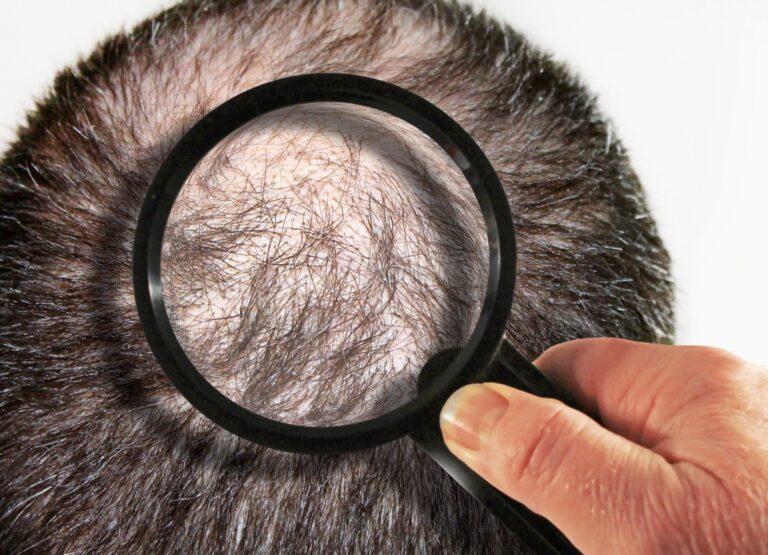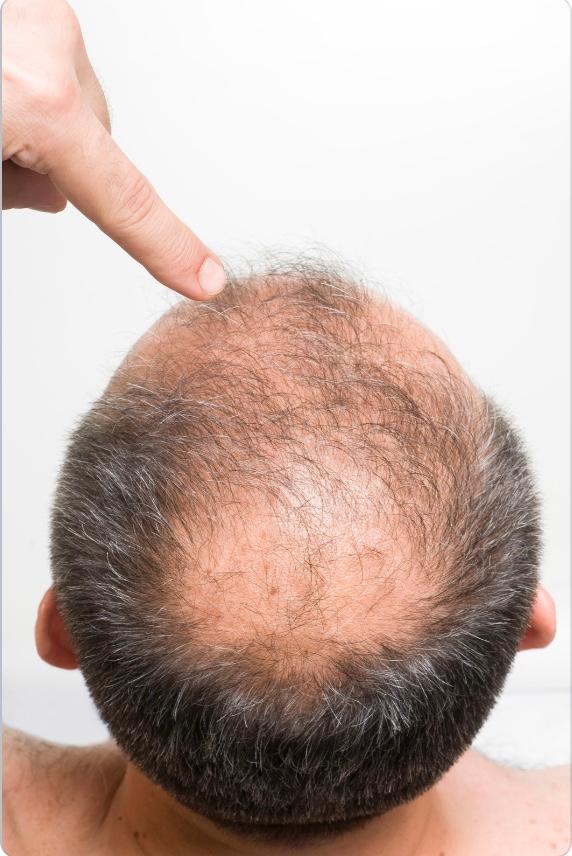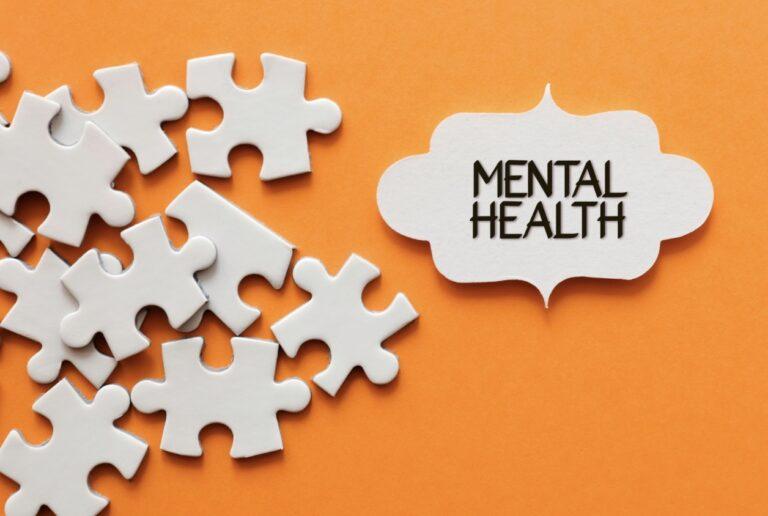It can come as a shock and a real dent to your confidence. This is a natural reaction for a lot of guys, but there are things you can do to stop it and even re-grow it. It is the 21st century after all. Here’s how you can tackle both the psychological effects of hair loss and the hair loss itself.
How can hair loss affect men?
The psychological effects of hair loss in men shouldn’t be understated. Losing your hair can have a considerable effect on your life. Why does hair loss cause distress and how does hair loss affect a person?
It’s a change you don’t want and feel like you can’t stop
You probably like your hair and don’t want to lose it. Maybe you’ve got a style you like and you feel your hair is an important part of your image. So, feeling like you’re having that taken away from you can be distressing and make you feel powerless. Worse though, it can change the way you feel about yourself.
Hair loss and confidence
Losing your hair can make you feel less attractive, that you’re losing your youth, or may just change the way you see yourself. This can dent your self-esteem and knock your confidence. This can also bleed into other areas of your life. A loss of confidence can affect your performance at work and your relationships. It can make you less outgoing, less social and more likely to isolate yourself. This can even harm your mental health.
Mental health and hair loss
If hair loss hits you hard these feelings can worsen and lead to mental health problems and mood disorders, like depression and anxiety. These are common reactions to hair loss. Research has even shown that losing your hair can cause serious conditions like body dysmorphic disorder (BDD).
Hair loss and body dysmorphic disorder
BDD is a mental health condition where you focus obsessively on an aspect of your appearance. Your feelings about this aspect can blow up out of all proportion to it. You can feel ashamed, like you’re deformed and believe that other people are making fun of you about it. BDD can be severe and can have a crippling impact on your life.
How do you mentally deal with hair loss?
Losing your hair can hit you hard. And that’s OK. But you don’t want hair loss to hold you back; you want to deal with it and move on with your life. Try the following tips for keeping your confidence when your hair starts to thin and recede.
Keeps things in perspective
OK, this is easier to say than do, we know, but try to keep calm and maintain a healthy perspective. Remember that although your hair is changing, you’ve not changed and you’re still the same you. And if you’re losing your hair because of male pattern baldness, remember that your hair loss isn’t going to harm your health.
Style it out
Try not to see your hair loss as a setback, try to think of it as an opportunity to try a new style. Generally shorter styles will look better. If your hair is just starting to recede you may be able to get away with a short cut. However, once you get bald patches it’ll look best if you go for a buzz cut, which has been fashionable and looking great for years. It’s hard to find a famous male star who hasn’t shaved their head at one point in their career.
Embrace the change
Rather than seeing hair loss as a disaster you can see it as the inspiration to change your look. As well as trying a new hairstyle you can use your hair loss to make other changes to your appearance too. Positive changes like losing weight, putting on muscle, updating your wardrobe and dressing sharp can work wonders for your confidence.
Talk to your doctor
It’s a good idea to see your doctor so they can diagnose your hair loss. Male pattern baldness is the most common type of hair loss in men but other conditions can cause it too. You need to have your hair loss diagnosed so you can be confident you know what’s causing it.
Talk to a mental health professional
Your mental health is as important and valid as your physical health. If you’re having problems adjusting to your hair loss, it may help to talk to a mental health professional. Talk to your doctor to get a referral.
Fight back
You don’t necessarily have to accept your hair loss with good grace. You can fight back. There are some effective treatments for hair loss.
How to treat hair loss
Hair loss isn’t the curse it once was. You now have options to treat it.
There are more drastic solutions, like hair transplants, but if you have male pattern baldness (MPB), there are also effective medications you can take to stop it in its tracks, including finasteride.
The main cause of MPB is a hormone called dihydrotestosterone (DHT). DHT makes the hair follicles in your scalp shrink over time. This gives the hairs they produce less time to grow, so they become progressively finer until eventually the follicle can’t produce any hair at all.
Finasteride is the generic name of the treatment, but you can buy a branded version called Propecia. You take finasteride in pill form, usually once a day. It reduces the amount of DHT in your scalp, stopping your follicles from shrinking, and even reversing that shrinking in a lot of cases.
Act now
With hair loss, the faster you act the better.
You’ll likely get the best results with these medications if you use them before your follicles have shrunk too far. If you want to order them quickly and easily you can do so at NowPatient. Start your online consultation by entering your medical history and symptoms. If approved, you’ll receive a treatment plan from our doctors within two hours. Your medications will then be shipped for free to your door the next day.
Sources
Medical Disclaimer
NowPatient has taken all reasonable steps to ensure that all material is factually accurate, complete, and current. However, the knowledge and experience of a qualified healthcare professional should always be sought after instead of using the information on this page. Before taking any drug, you should always speak to your doctor or another qualified healthcare provider.
The information provided here about medications is subject to change and is not meant to include all uses, precautions, warnings, directions, drug interactions, allergic reactions, or negative effects. The absence of warnings or other information for a particular medication does not imply that the medication or medication combination is appropriate for all patients or for all possible purposes.









